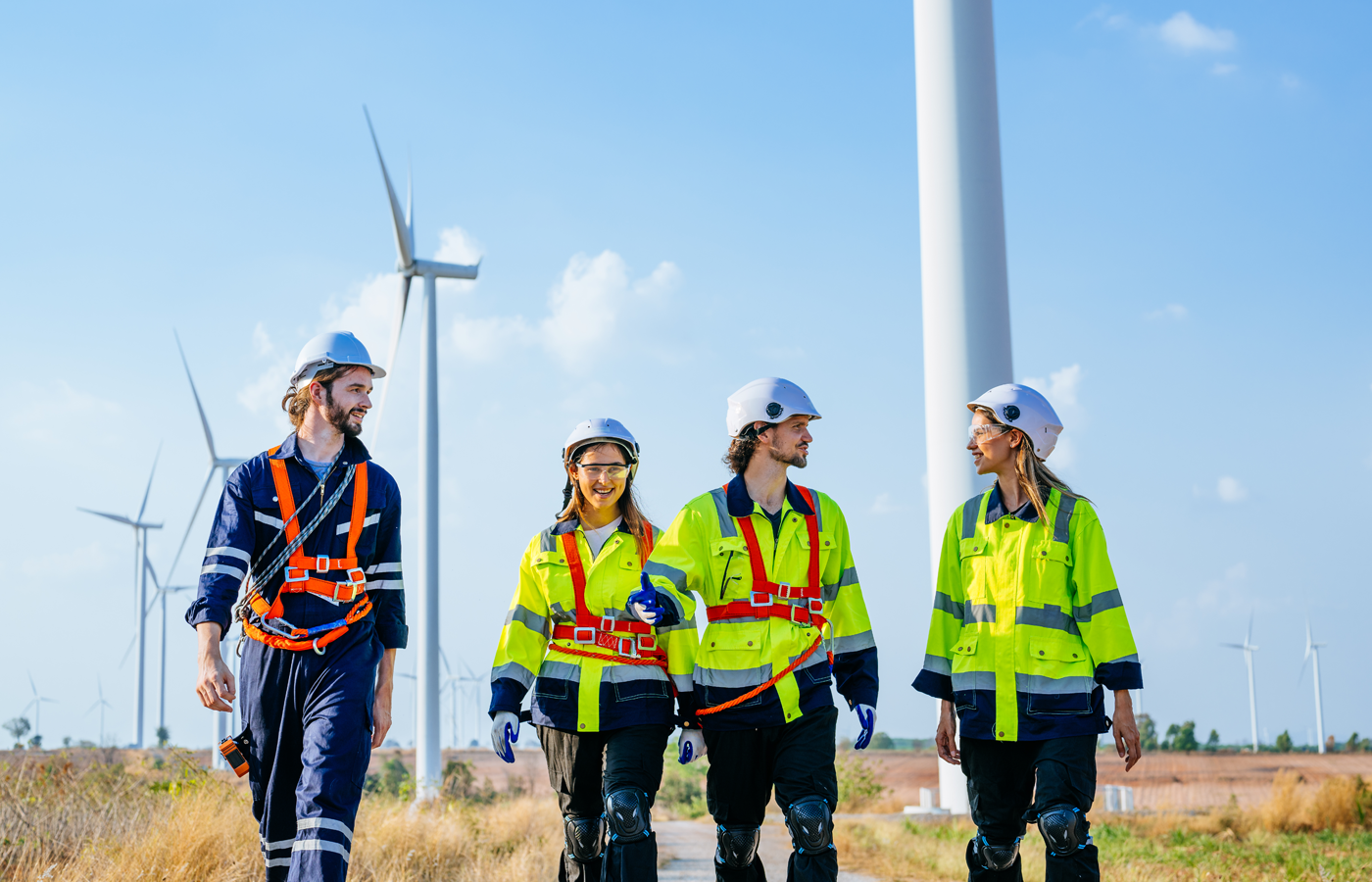
How Are Microsoft & Energy Experts Tackling Power Demands Due to AI Growth?
- 17.03.2025 14:00
- eweek.com
- Keywords: NoCompanies, NoImpact
Microsoft and energy experts are addressing rising power demands due to AI growth by balancing renewable expansion with traditional sources like natural gas. At CERAWeek, leaders highlighted the potential of wind and solar, while Microsoft explored integrating natural gas into its data center energy mix to ensure stable, high-output power during renewable lulls. This dual approach aims to support sustainable yet resilient digital infrastructure.